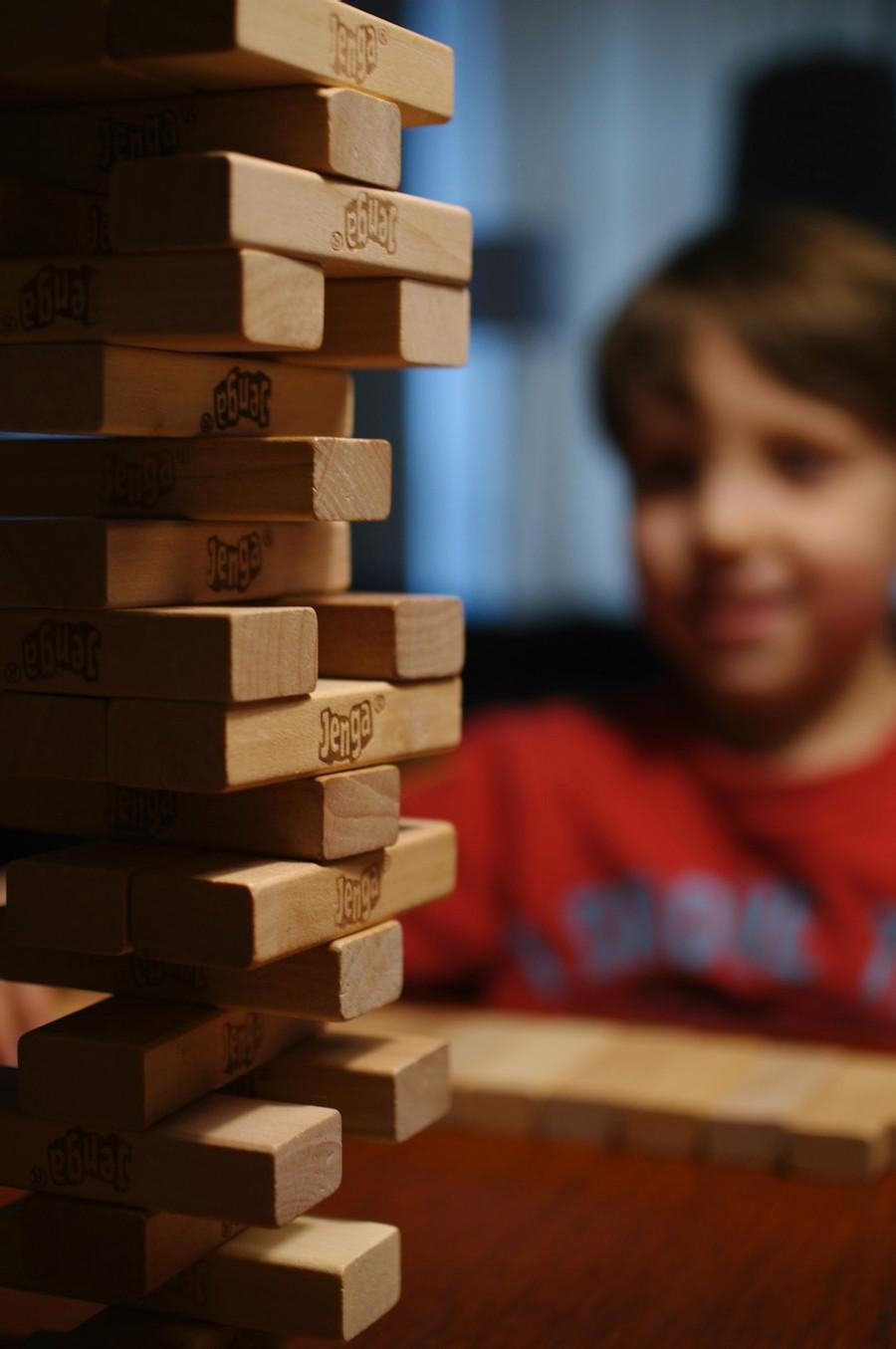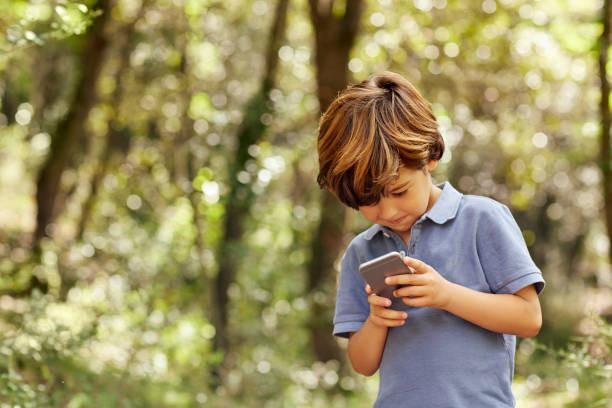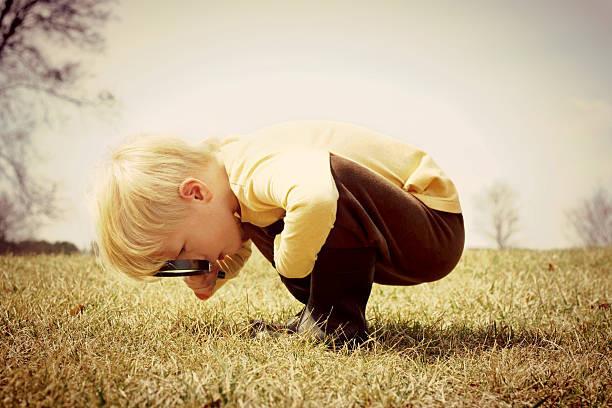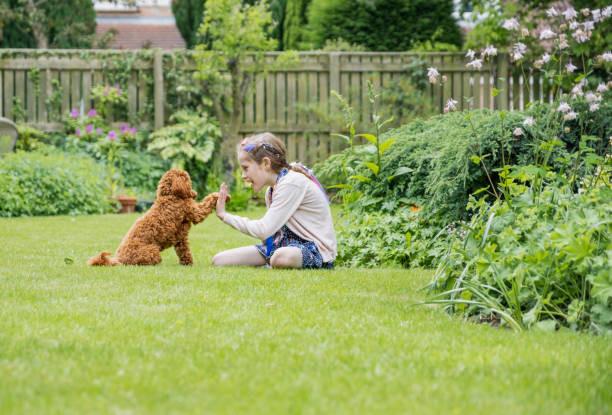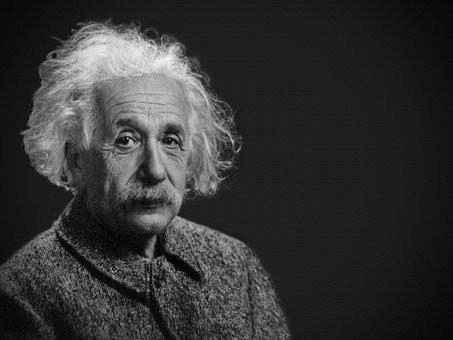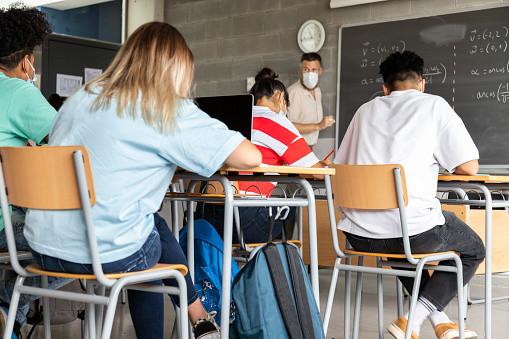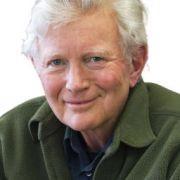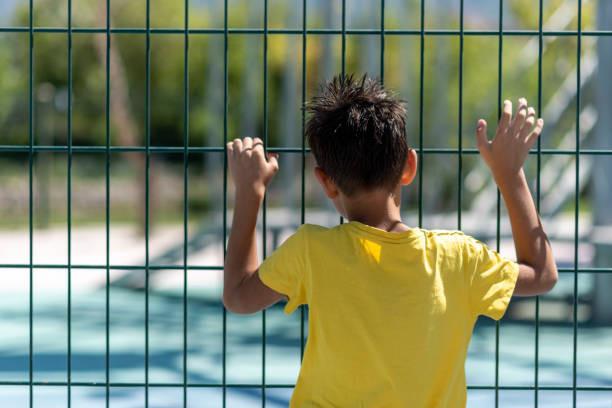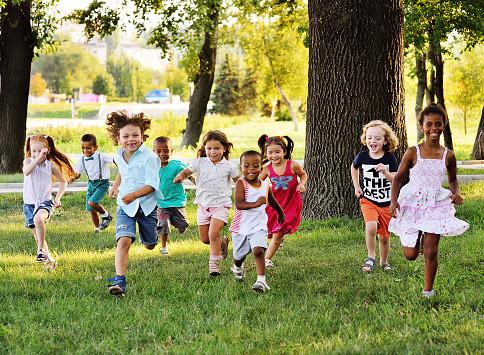Free To Learn: Curiosity, Playfulness, Sociability, and the Human Nature of Education
Curated from: fortelabs.co
8
Explore the World's Best Ideas
Join today and uncover 100+ curated journeys from 50+ topics. Unlock access to our mobile app with extensive features.
Children learn naturally (without schooling)
The modern schooling system is known to prevent people from acquiring the skills and knowledge needed to thrive in today's world.
Before children start school, they learn at a mind-blowing speed. They learn how to walk, run, jump and climb. They become fluent in one or more languages and use those languages to assert their will, argue, ask questions, be funny, make friends, and make sense of their world.
They manage to do all this without any curriculum, tests, grades, or schooling structure. However, when we introduce a school structure, children's learning decrease dramatically.
18
87 reads
The educative instinct
Children are instinctively predisposed to educate themselves. Watch any child left alone with an iPhone, and you can see the drive to self-education.
Learning drives are:
- Curiosity drives the child to know what the apparatus is, how it works, and what they can do with it.
- Playfulness causes the child to examine the apparatus. They pass it from hand to hand, turn it over, rub it, shake it, drop it, throw it. They are running little experiments to test the apparatus' properties and capabilities.
- Sociability drives the child to talk to people about this fascinating apparatus.
18
62 reads
Curiosity: The drive to explore and understand
Hundreds of studies conducted with children show that they gaze longer at new scenes than familiar ones. They look longer at events that they find intriguing and lose interest as soon as there is nothing new to learn from it.
Children are relentlessly drawn toward anything that runs counter to expectations.
16
63 reads
Playfulness: The drive to practice and create
After the curiosity drive leads a child to a new toy or situation, playfulness takes over. Without that curiosity, we wouldn't try out anything new. Without playfulness, we wouldn't become skilful at anything.
Research found that the shift from exploration to play is one from a focused serious expression to a more relaxed, smiling one. This understanding of play's biological purpose explains why young animals play more than older animals.
17
59 reads
Sociability: The drive to share information and ideas
Education is cultural transmission. That is how each new generation acquires and builds upon the skills, knowledge, lore, and values.
Without sociability, there's no education. Without sociability, you eliminate the two most important forms of learning:
- Observation. In most societies, children first learn culturally relevant skills by watching and mimicking their elders.
- Age mixing. Teaching and learning go both ways. Interaction with younger children teaches older ones new skills they wouldn't know otherwise.
17
51 reads
It is nothing short of a miracle that the modern methods of instruction have not yet entirely strangled the holy curiosity of inquiry; for this delicate plant, aside from stimulation, stands mainly in need of freedom; without this it goes to wreck and ruin without fail. It is a very grave mistake to think that the enjoyment of seeing and searching can be promoted by means of coercion and a sense of duty.
ALBERT EINSTEIN
18
45 reads
Schools kill the curiosity drive
Schools teach children that learning is work. Children are told to "do what you are told."
School is not an environment that promotes exploration and discovery but is set for indoctrination.
Instead of following their curiosity, students learn to jump through hoops and check off boxes. Worst, children learn to ignore their innate curiosity.
19
43 reads
Schools kill the playfulness drive
The limitations of school:
- Children are confined to a largely unchanging environment.
- They are not free to pursue their interests in self-directed ways.
- Children are continuously evaluated so that instead of exploring, discovering, and failing, they learn to be concerned with evaluation and pleasing the teacher.
Researchers repeatedly observed that children ask questions about rules and requirements, not the subject itself. The teachers ask questions, and the students guess the answers. When children show interest, the teacher often cuts them off, so they don't fall behind.
19
41 reads
Schools kill the sociability drive
School teaches selfishness, not sociability.
When students are evaluated for their learning and compared to other students, they learn to only look out for themselves.
If you have the drive to share information and ideas, you're not allowed to bring them into school. Sharing information and ideas is known as "cheating."
19
38 reads
The Sudbury Valley Model of Education
Sudbury Valley is a private day school founded by Daniel Greenberg located in a semi-rural part of Massachusetts. He wondered why there couldn't be an educational system that helps students develop passionate interests and then pursue those interests.
So Greenberg founded such a school. The basic premise of the school’s educational philosophy is that each person is responsible for his or her own education.
18
43 reads
How the Sadbury Valey Model works
- Children educate themselves.
- The school establishes no curriculum, gives no tests, and does not rank or evaluate students.
- The school is a democratic community. Students and staff members operate on a one-person-per-vote basis, regardless of age.
- Students are free all day to move about as they please.
- The students are not assigned to grades or groups.
- The school has a non-evaluation policy. Students wishing to get a school diploma must prepare and defend a thesis explaining why they are ready to graduate and how they have prepared themselves for responsible adult life.
19
39 reads
“The school system has directly and indirectly, often unintentionally, fostered an attitude in society that children learn and progress primarily by doing tasks that are directed and evaluated by adults, and that children’s own activities are wasted time.”
DR. PETER GRAY
17
40 reads
“Children don’t like school because to them school is—dare I say it—prison. Children don’t like school because, like all human beings, they crave freedom, and in school, they are not free.”
DR. PETER GRAY
17
40 reads
Free play
Free play is play in which the players decide what and how to play and are free to change the goal and rules as they go along.
Free play is how children learn to structure their own behaviour.
18
38 reads
Unschooling
Unschooling is not schooling. Unschooling parents do not send their children to school. At home, children are not bogged down by a curriculum, do not require particular assignments for the purpose of education, and do not test their children to measure progress.
Instead, they allow their children the freedom to pursue their own interests and to learn in their own ways.
17
41 reads
IDEAS CURATED BY
Always appreciate the time you get, because you never know how much longer it`ll last.
Brantley 's ideas are part of this journey:
Learn more about education with this collection
Basic survival skills
How to prioritize needs in survival situations
How to adapt to extreme situations
Related collections
Similar ideas
3 ideas
Waldorf School Education
Sprouts
7 ideas
Educare, Educere, Explorare | Alliance for Self-Directed Education
self-directed.org
9 ideas
What Is Education For?
edutopia.org
Read & Learn
20x Faster
without
deepstash
with
deepstash
with
deepstash
Personalized microlearning
—
100+ Learning Journeys
—
Access to 200,000+ ideas
—
Access to the mobile app
—
Unlimited idea saving
—
—
Unlimited history
—
—
Unlimited listening to ideas
—
—
Downloading & offline access
—
—
Supercharge your mind with one idea per day
Enter your email and spend 1 minute every day to learn something new.
I agree to receive email updates

